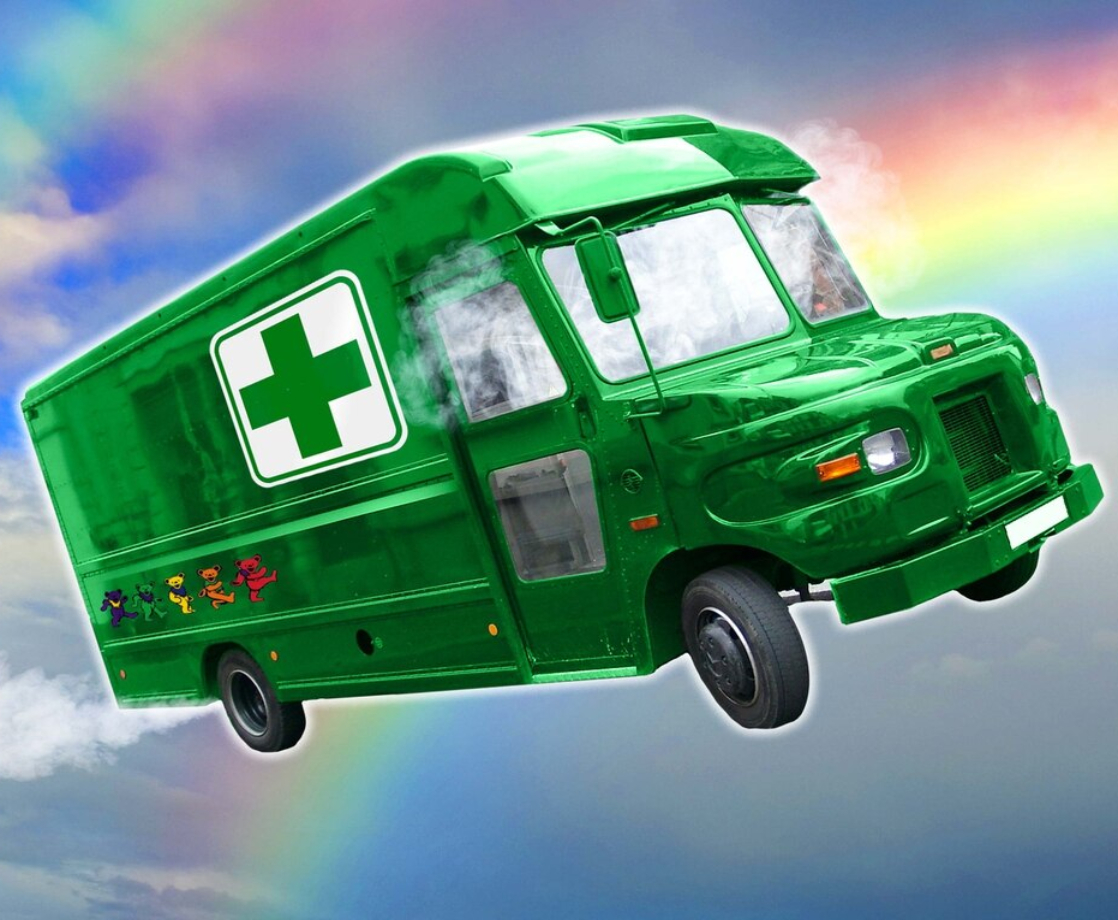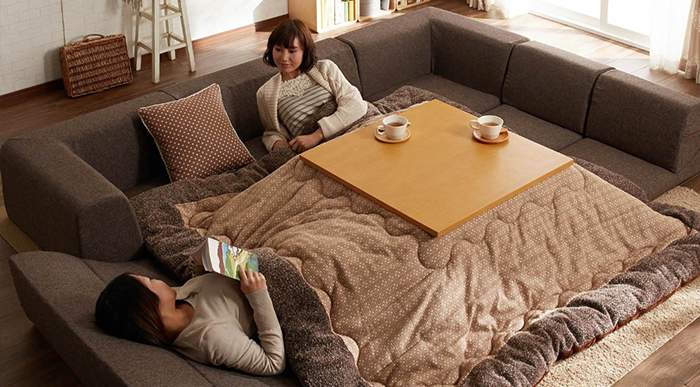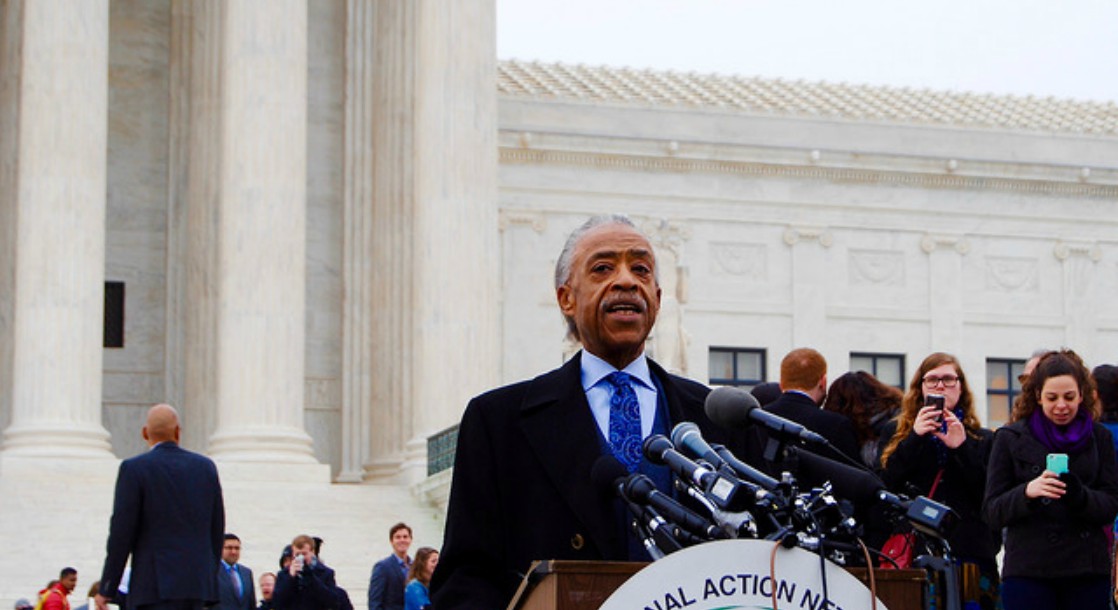All non-essential businesses are closed in dozens of US states to slow the spread of COVID-19. But, most adult-use regions have recognized cannabis retailers as essential services.
Showing up in person at a legal weed shop increases the risk that an infected customer might spread the virus to store employees or other shoppers, however. In Nevada, state regulators decided to nip this issue in the bud by mandating all legal weed stores operate on a delivery-only basis. Because home delivery was already legal in the state, most dispensaries were already prepared to make the switch from storefront sales to delivery trucks.
In order to help companies transition, the state issued a temporary remote inspection policy allowing them to approve 300 new weed delivery vehicles within a week. Local weed businesses are now seeing a massive spike in demand, as the quarantine left many residents unemployed and stuck at home.
“We’ve seen a huge influx in new users, they’re curious,” said Jamal Barghouti, spokesperson for Reno-based weed company Blackbird Go, to the Reno Gazette Journal. “They’re doing nothing but sitting around their house, so why not get stoned?”
Barghouti said that his company has seen a 400 percent increase in the total number of deliveries since the delivery-only order went into effect on March 20th. The demand has been so strong that the company only accepts orders between 10:00am and 11:00am each day. Other dispensaries in the state that did not previously offer deliveries are now working to acquire delivery vehicles and drivers, and hope to begin deliveries in the next few weeks.
In California, where weed delivery is already legal, delivery services have also seen a sizable increase in sales as customers choose to order their weed rather than buy it from a dispensary.
But as weed delivery sales in California and Nevada continue to grow, weed stores in other adult-use states are legally prevented from making home deliveries. In Colorado, legislators legalized home weed deliveries last year, but the law only permits medical marijuana dispensaries to deliver weed in 2020. Adult-use deliveries have been put off until next year, and individual municipalities are allowed to ban weed deliveries in their jurisdictions.
Thanks to these strict regulations, only one medical cannabis dispensary, The Dandelion in Boulder, has obtained a delivery license so far. Activists are now arguing that the state needs to temporarily set aside its strict regulations and allow deliveries to begin immediately. “In a time of crisis like this, the more options to comply with a stay-at-home order all the better,” said Peter Marcus, communications director for Terrapin Care Station, to the Denver Post.
“Whether it be a pandemic, whether it be a natural disaster, there’s always people who can’t get to the store,” said Ben Prater, manager of Denver’s Cannabis Station by Rocky Mountain High dispensary. “Now that [Governor] Jared Polis is in office, he should definitely make moves to make delivery a thing sooner than later.”
Illinois advocates are also calling for emergency weed delivery rules. Deliveries are currently prohibited by state law, but Democratic state House representative Sonya Harper proposed a bill to legalize deliveries last month. This bill is currently tabled in a House committee, though, and is not likely to pass the state legislature quickly. Harper is now urging Governor J.B. Pritzker to advance her proposal to assist with quarantine measures.
“I would be happy to see if the governor maybe could make a special executive order allowing that, or us being able to get that legislation through maybe quicker than normal this year to provide for that,” Harper said, according to the Chicago Sun-Times.
In the meantime, Illinois is allowing cannabis dispensaries to sell their products via curbside sales. These temporary guidelines allow dispensary staff to sell weed to customers on the dispensary’s outdoor property, or on a public sidewalk or curb adjacent to the store. Harper acknowledges that her proposed delivery bill would be more complicated than simply allowing these curbside sales to continue, however.
“It would entail basically giving all municipalities and everybody across the state the ability to open up deliveries,” Harper told the Sun-Times. “It would also be creating a new type of license.”
For more on weed delivery rules and updates during the pandemic, revisit our feature on the topic here.











